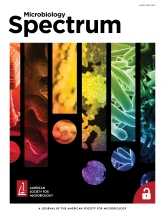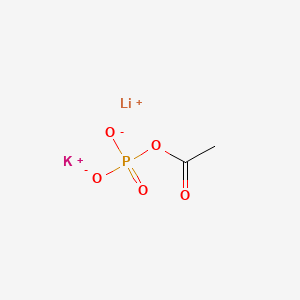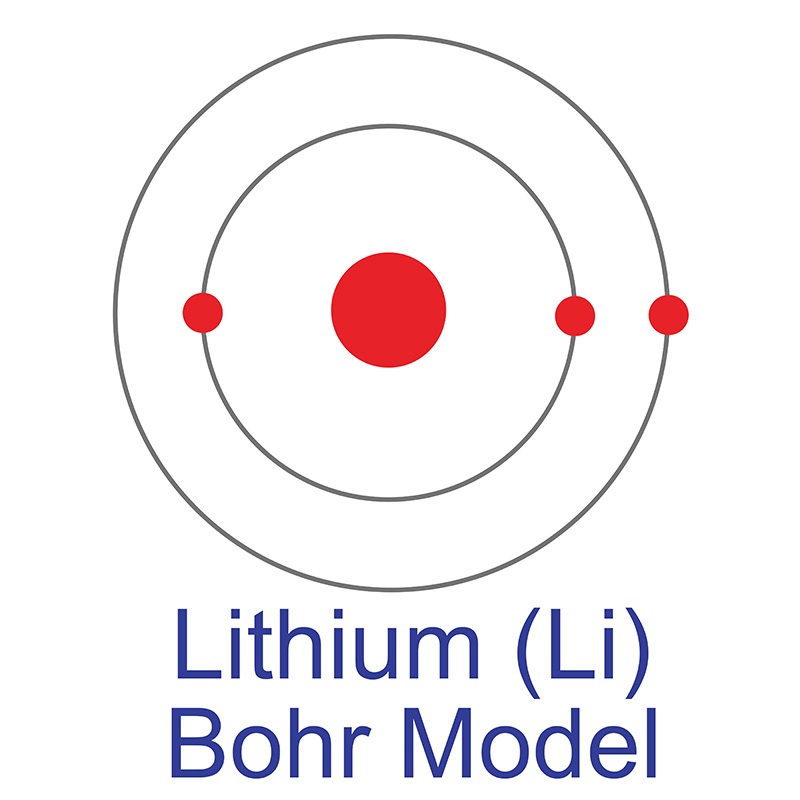 See more Lithium products. Lithium (atomic symbol: Li, atomic number: 3) is a Block S, Group 1, Period 2 element with an atomic weight of 6.94. The number of electrons in each of Lithium's shells is [2, 1] and its electron configuration is [He] 2s1. The lithium atom has a radius of 152 pm and a Van der Waals radius of 181 pm. Lithium was discovered by Johann Arvedson in 1817 and first isolated by William Thomas Brande in 1821. The origin of the name Lithium comes from the Greek wordlithose which means "stone." Lithium is a member of the alkali group of metals. It has the highest specific heat and electrochemical potential of any element on the period table and the lowest density of any elements that are solid at room temperature.
See more Lithium products. Lithium (atomic symbol: Li, atomic number: 3) is a Block S, Group 1, Period 2 element with an atomic weight of 6.94. The number of electrons in each of Lithium's shells is [2, 1] and its electron configuration is [He] 2s1. The lithium atom has a radius of 152 pm and a Van der Waals radius of 181 pm. Lithium was discovered by Johann Arvedson in 1817 and first isolated by William Thomas Brande in 1821. The origin of the name Lithium comes from the Greek wordlithose which means "stone." Lithium is a member of the alkali group of metals. It has the highest specific heat and electrochemical potential of any element on the period table and the lowest density of any elements that are solid at room temperature.  Compared to other metals, it has one of the lowest boiling points. In its elemental form, lithium is soft enough to cut with a knife its silvery white appearance quickly darkens when exposed to air. Because of its high reactivity, elemental lithium does not occur in nature. Lithium is the key component of lithium-ion battery technology, which is becoming increasingly more prevalent in electronics.
Compared to other metals, it has one of the lowest boiling points. In its elemental form, lithium is soft enough to cut with a knife its silvery white appearance quickly darkens when exposed to air. Because of its high reactivity, elemental lithium does not occur in nature. Lithium is the key component of lithium-ion battery technology, which is becoming increasingly more prevalent in electronics.
Materials
Materials by Form
2D Materials Alloy & Alloy Forms Pure Metals & Metal FormsCeramic FibersFoams: Metallic & Ceramic High Purity Materials Isotopes MXenesOxides Rare Earths Semiconductors Solutions
Chemicals & Salts
All Chemicals & Salts Acetates Aluminides Ammonium Sulfates Antimonides Arsenates Benzoate Bromates Bromides Carbonates Chlorides Chromates Fluorides Hydrides Hydroxides Iodates Iodides Lactates Molybdates Nitrates Oxalates Oxides Perchlorates Phosphates Selenates Selenides Selenites Silicates Stearates Sulfates Sulfides Sulfites Tantalates Tellurates Tellurides Tellurites ThiocyanatesVanadates
Ceramics
Nanomaterials
Organometallics
Materials by Application
Additive Manufacturing & 3D Printing Battery & Supercapacitor Materials Catalysts Dental Materials Electronics Materials Fuel Cell Materials Fusion EnergyGlass Manufacturing Green Technology & Alternative Energy Hydrogen Storage Laser Crystals Life Sciences & Biomaterials Metallurgy Nanotechnology & Nanomaterials Optical Materials Photovoltaic & Solar Energy Plating Pigments & Coatings Research & Development Space Technology Sputtering Targets Thin Film Deposition Water Treatment Weather Modification
Life Science Chemicals
Life Science Products AlcoholsAldehydesAmidesAminesAmino Acids & DerivativesAromaticsArylsAzetidinesBenzimidazolesBenzisoxazolesBenzodioxansBenzofuransBenzothiazolesBenzothiophenesBenzoxazolesCarboxylic AcidsEnzymes & InhibitorsEstersEthersFluorinated Building BlocksFuransHalidesImidazolesImidazolidinesIndazolesIndolesIndolinesIsoquinolinesIsoxazolesKetonesMorpholinesNaphthyridinesNitrilesOrganoboronOrganosiliconOxadiazolesOxazolesPharmaceuticals & IntermediatesPhenolsPhytochemicalsPiperazinesPiperidinesPyrazinesPyrazolesPyridazinesPyridinesPyrimidinesPyrrolesPyrrolidinesPyrrolinesQuinazolinesQuinolinesQuinoxalinesSpiroesSulfonyl ChloridesTetrahydroisoquinolinesTetrahydropyransTetrahydroquinolinesTetrazolesThiadiazolesThiazolesThiazolidinesThiolsThiophenesTriazinesTriazoles
About Us
Locations
Austria Belgium Brazil Canada China & Hong Kong Czech Republic Denmark Finland France Germany Greece Hungary India Indonesia Israel Italy Japan Malaysia Mexico Netherlands Norway Philippines Poland Portugal Russia Singapore South Korea Spain Sweden Switzerland Taiwan Thailand Turkey United Kingdom United States
Industries
Aerospace Agriculture Automotive Chemical Manufacturing Defense Dentistry Electronics Energy Storage & Batteries Fine Art Materials Fuel CellsFusion Energy Glass Investment Grade Metals Jewelry & Fashion Lasers Lighting Medical Devices Museums & Galleries Nuclear Energy Oil & Gas Optics Paper & Pulp Pharmaceuticals & Cosmetics Research & Laboratory Robotics Solar Energy Space Sports Equipment Steel & Alloy Producers Textiles & Fabrics Water Treatment Municipalities
Follow Us
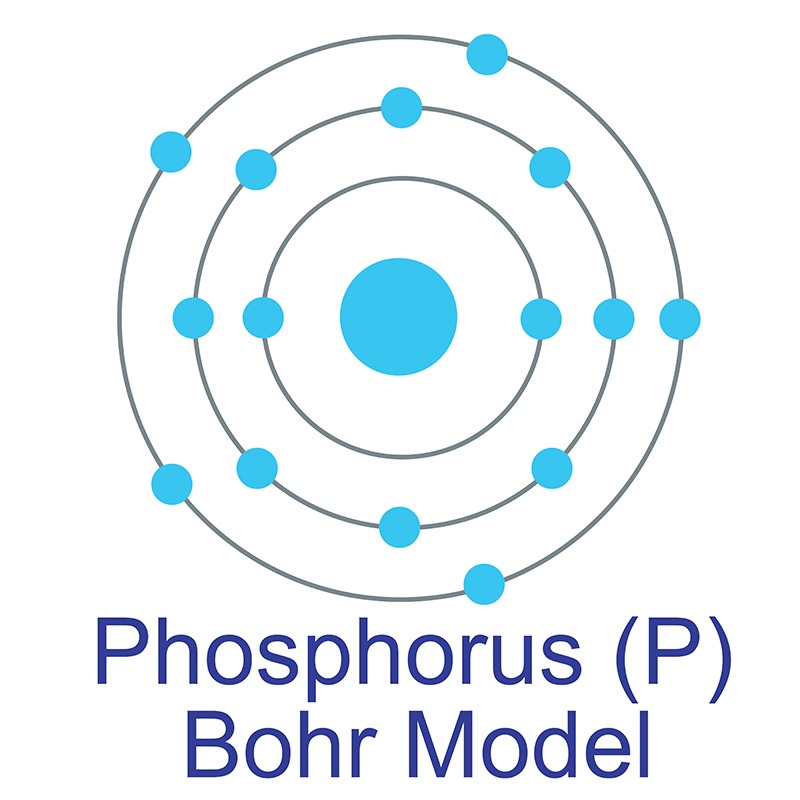 See more Phosphorus products.
See more Phosphorus products. See more Potassium products.
See more Potassium products.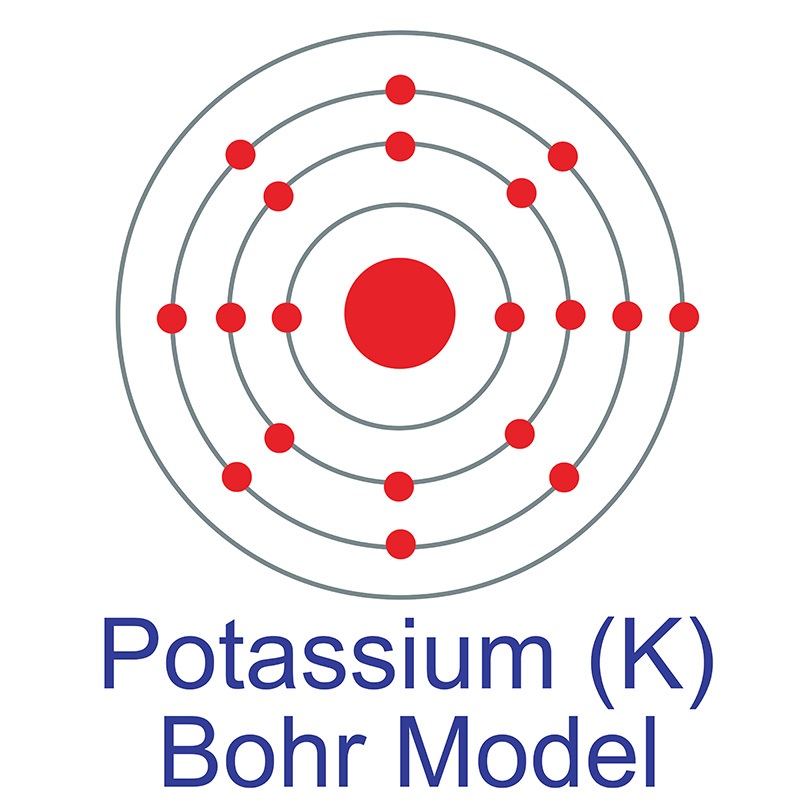 In its elemental form, potassium has a silvery gray metallic appearance, but its
In its elemental form, potassium has a silvery gray metallic appearance, but its 